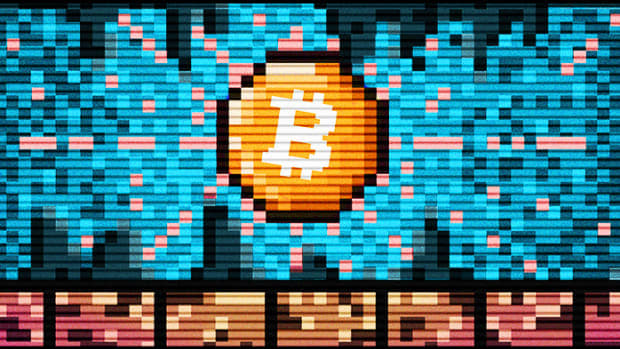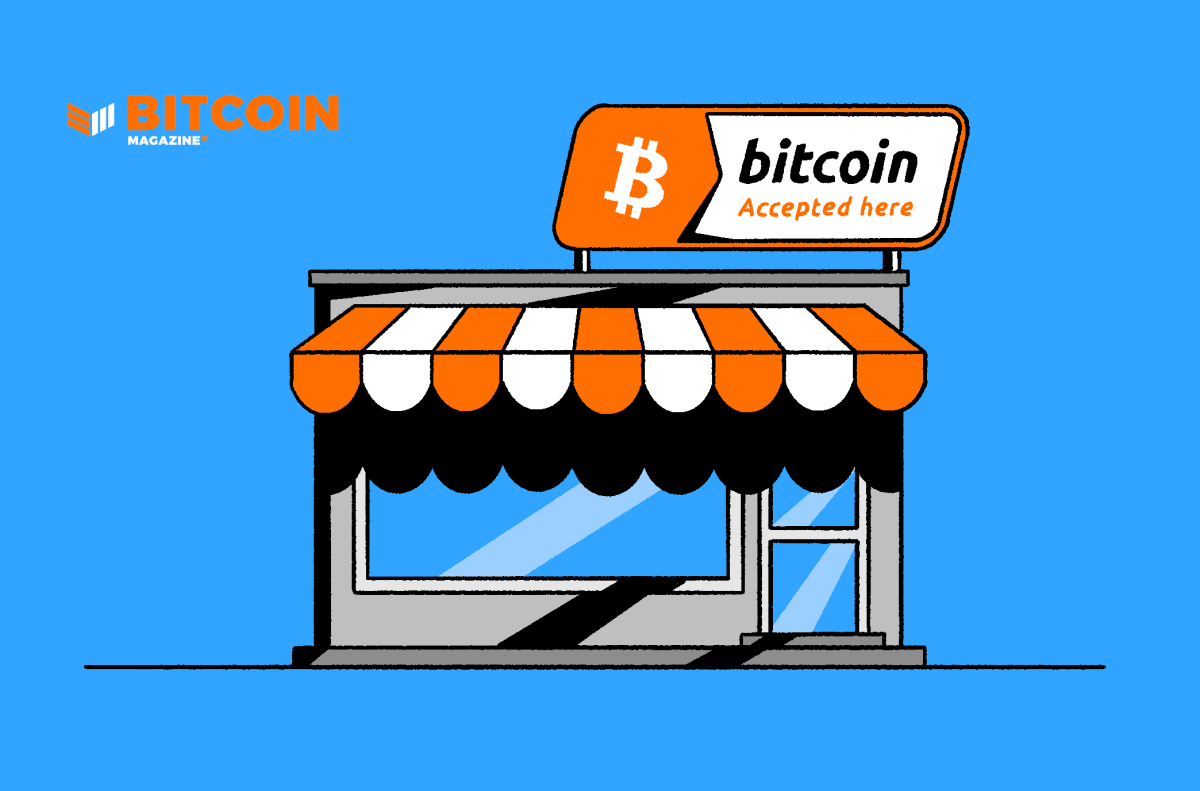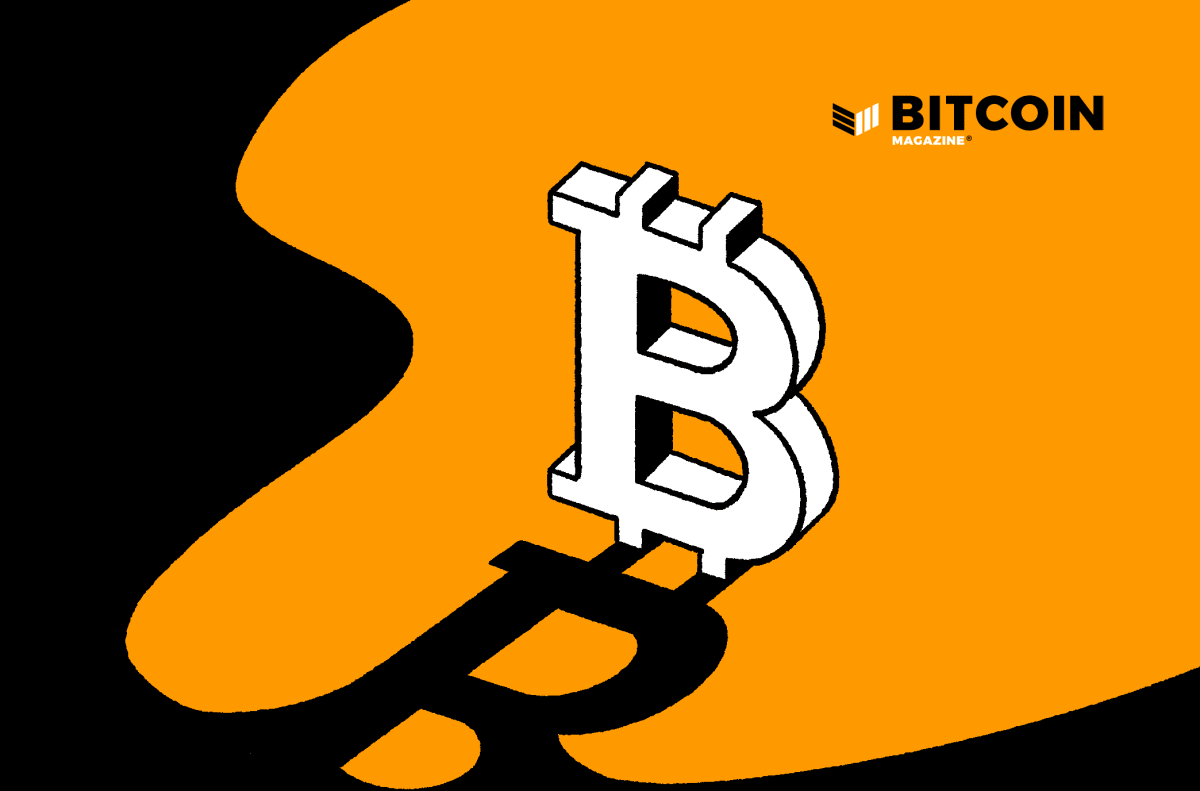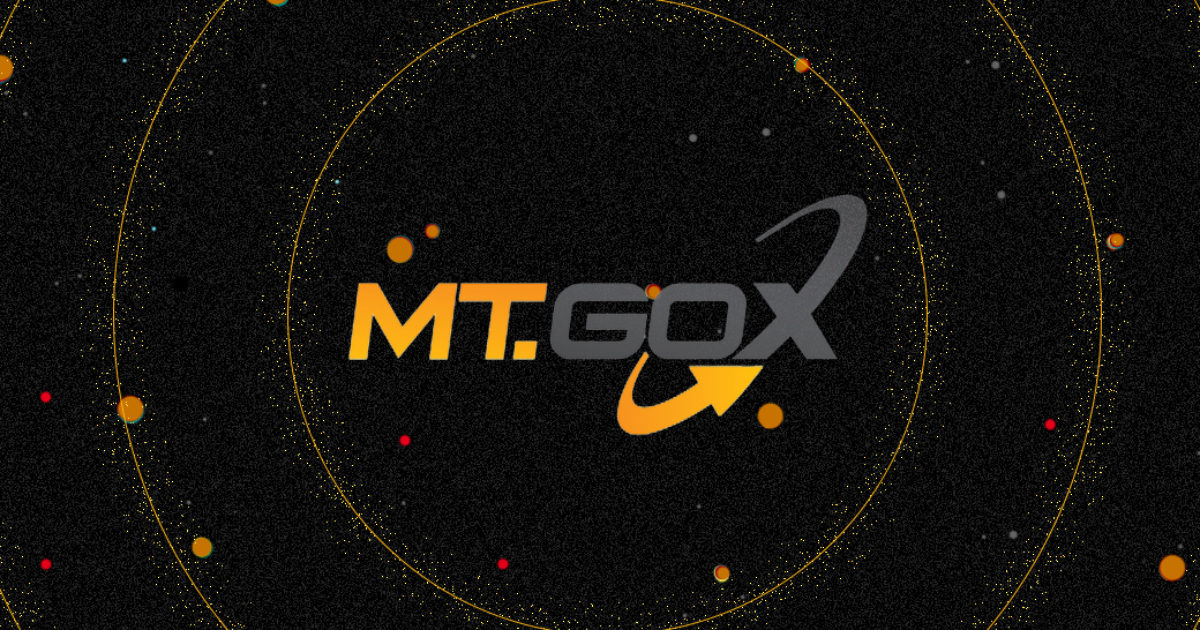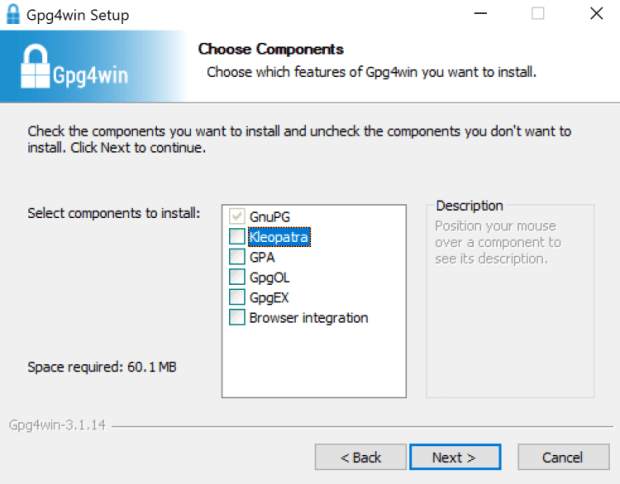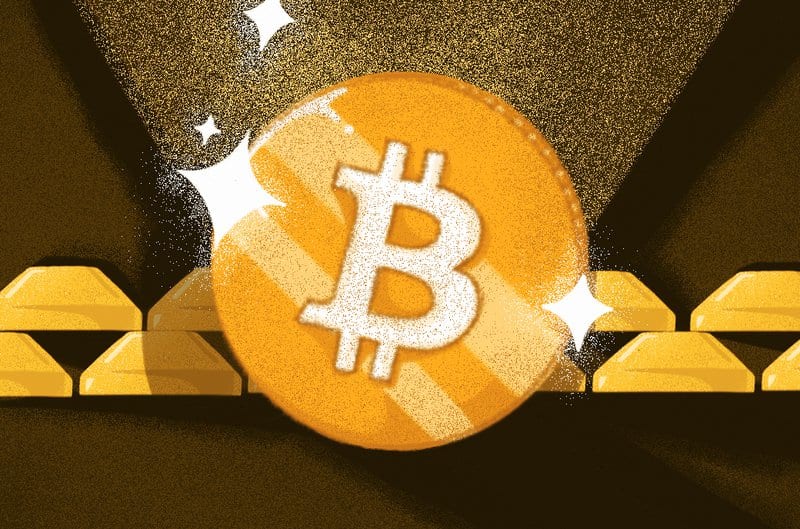With 98% Of Blocks Signaling Activation And About 300 To Go, Here’s The Latest On Taproot
The activation of Bitcoin protocol upgrade Taproot appears imminent as only 300 more signaling blocks are needed.
According to data from Taproot.watch, the Bitcoin protocol upgrade Taproot is underway to activate and will lock in soon, with the current signaling ratio of 98.23% at the time of writing. Currently, 317 additional signaling blocks out of the remaining 491 blocks are needed in this epoch to lock activation in. Up to this point, only 27 blocks have not signaled Taproot readiness, compared to 1,498 ones that have.
Currently, 99.28% of the Bitcoin network hash rate is signaling Taproot readiness. MaraPool has been mining signaling blocks since Sunday, after its operating company Marathon announced it would stop censoring blocks and start signaling for Taproot in late May. As a result, only the unidentified BTCPool and unrecognized miners have not signaled readiness for the protocol upgrade, per Taproot.watch, amounting to less than 1% of the total network hash rate.
Therefore, the Taproot soft fork specified in BIP341, which would expand on Bitcoin’s smart contract flexibility while offering more privacy in doing so, is very likely to be locked in during the current signaling epoch.
Taproot’s Speedy Trial deployment method, a variation of BIP9, requires that at least 90% of blocks mined in a 2,016-block epoch signal readiness for the soft fork. The method, which opened in April and will end in August, would lock in Taproot as a Bitcoin protocol upgrade around November 2021 if such conditions are met, prompting Bitcoin nodes to adopt the soft fork and enforce it going forward.
But older software will continue to operate without modification after Taproot activation because it is a soft fork. However, according to BIP341, non-upgraded nodes are “strongly encouraged to upgrade” to fully validate the new programs. Nonetheless, non-upgraded wallets could still send and receive bitcoin from any wallet by using pre-Taproot methods. Additionally, some non-upgraded wallets might be able to send to new programs “if they support sending to BIP173 Bech32 addresses.”

